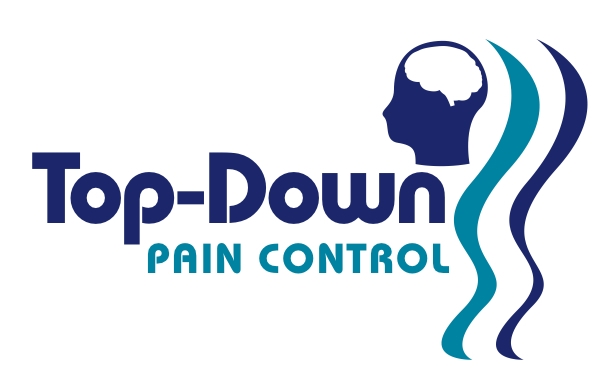“These are strings that every health professional can add to his or her bow in managing paediatric pain.”
Who is the workshop for?
This Workshop will appeal to nursing, medical and allied health professionals who wish to develop their knowledge and skills in managing pain; especially procedural pain in children and adolescents using distraction and mindfulness. These are strings that every health professional can add to his or her bow in managing paediatric pain. The workshop will equip those who are keen but lack confidence with skills they can use immediately.
Whether you are a novice or an expert, the ACT (Acceptance and Commitment Therapy) framework takes distraction and pain management in a new direction with emphasis on developing psychological flexibility. This innovative approach will interest seasoned practitioners.
Overview
The aim of each half-day workshop is to introduce mindful distraction and relaxation as simple and routine techniques that any health professional can teach and use with children and adolescents in painful or emotionally challenging situations.
The focus on acceptance as an alternative to avoidance and developing skills in mindfulness and simple relaxation that staff can use personally, and with children and adolescents in clinical practice. Imagine you are a child in hospital in a scary situation. Someone has taught you how to breathe and a simple mindfulness technique that you can draw upon now and in the future. Chances are, you will not only remember it you will take it with you into your adult life (Kuttner, 1998).
The workshop is grounded in Acceptance and Commitment Therapy (ACT) (Hayes, Strosahl & Wilson 2011) and Personal Construct Psychology (Fransella, 2005; Kelly, 1955). ACT is both a set of guiding psychological principles and a Cognitive Behavioural Therapy. PCP is a psychological theory based around our view of the world within a framework of constructs with strong emphasis on the existence of alternatives rather than ‘givens’.
Learning Objectives
Upon completion of this workshop, the participant will be able to:
- Describe pain as an alarming sensory and cognitive experience encompassing memory, emotion, attention, language, learning, thought and consciousness and the relevance of each of these in pain assessment and management;
- Differentiate between avoidance and acceptance and discuss the role of mindfulness in managing emotions, especially fear and anxiety;
- Build on existing skills in assessing and measuring fear and pain;
- Use distraction, mindfulness and a simple relaxation technique with children and adolescents in painful or emotionally challenging situations;
- Teach breathing and relaxation skills on admission or initial assessment.
Workshop Program
The half-day Distraction and Pain Management workshop can be conducted morning or afternoon, or both ie two workshops in one day.
Morning Workshop
08.00 – 10.00 Introduction to pain neurophysiology, cognitive theory and emotions in health care: Why pain is more than nociception.
Two psychologies in pain management and change: Personal Construct Psychology (PCP) and Acceptance and Commitment Therapy (ACT).
10.00 – 10.30 Tea Break
10.30 – 12.00 Distraction, relaxation and mindfulness: techniques for pain, fear and anxiety in children, adolescents and adults.
Afternoon Workshop
13.00 – 15.00 Introduction to pain neurophysiology, cognitive theory and emotions in health care.
Two psychologies in pain management and change: Personal Construct Psychology (PCP) and Acceptance and Commitment Therapy (ACT).
15.00 – 15.30 Tea Break
15.30 – 17.00 Distraction, relaxation and mindfulness: techniques for pain, fear and anxiety in children, adolescents and adults.
Note: Anyone who has done this half-day Distraction and Pain Management workshop can do the half-day Guided Imagery Workshop as a follow-up.
Refererences
Caputi, P., Foster, H. & Viney, L. (2008). Personal construct psychology: New Ideas. New York: Wiley.
Hayes, S.C., Strosahl, K.D. & Wilson, K.G. (2011). Acceptance and commitment therapy: the process and practice of mindful change. (2nd ed.). New York: Guildford.
Fransella, F, (Ed.).(2005). Essential handbook of personal construct psychology. Chichester: Wiley
Kelly G.A. (1955). Psychology of personal constructs. New York: Wiley.
Kuttner, L. (1998) No fears no tears, 13 years later the long-term benefits of children's pain management [DVD]. Boston: Fanlight.

